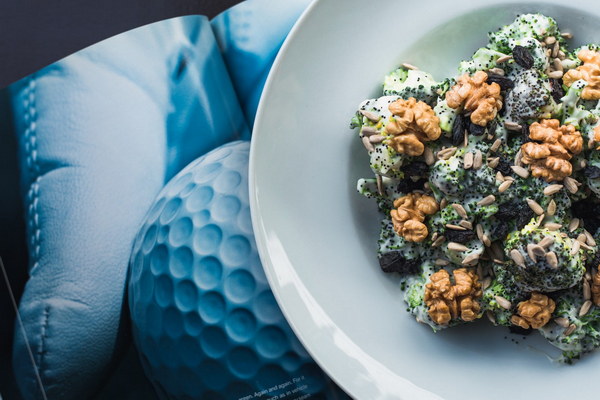Comparing Bai Rui Granules and Fei Re Qing Understanding Their Differences and Applications
Introduction:
In the realm of traditional Chinese medicine, there are numerous herbal formulas designed to address specific health issues. Two commonly used herbal formulas for respiratory conditions are Bai Rui Granules and Fei Re Qing. While both formulas aim to alleviate respiratory symptoms, they have distinct ingredients, mechanisms of action, and applications. This article will explore the differences between Bai Rui Granules and Fei Re Qing, providing insights into their unique properties and how they can be used effectively.
Ingredients and Composition:
Bai Rui Granules:
- Bai Rui (Herba Epimedii) as the main ingredient, which is believed to have a cooling and nourishing effect on the liver and kidneys.
- Other herbs such as Suan Zao Ren (Sour Jujube Seeds) and He Shou Wu (Polygonum multiflorum) to support liver and kidney health.
Fei Re Qing:
- Fei Re Qing is primarily composed of herbs that focus on clearing heat and phlegm in the lungs.
- Key ingredients include Bai Hua She (Fritillaria thunbergii), Zi Wan (Scutellaria baicalensis), and Huang Qin (Scutellaria baicalensis).
- Additional herbs such as Gan Cao (Licorice Root) and Zhi Bei Mu (Fritillaria cirrhosa) are added to enhance the formula's effectiveness.
Mechanism of Action:
Bai Rui Granules:
- The primary mechanism of action is to nourish the liver and kidneys, which are believed to be the root of many respiratory issues in traditional Chinese medicine.
- By nourishing the liver and kidneys, Bai Rui Granules aim to restore balance and improve overall respiratory health.
Fei Re Qing:
- Fei Re Qing primarily focuses on clearing heat and phlegm from the lungs, which are the root causes of respiratory symptoms such as cough, phlegm, and fever.
- The formula works by promoting the elimination of heat and phlegm, thus alleviating respiratory symptoms and restoring lung health.
Applications:
Bai Rui Granules:
- Suitable for individuals with respiratory issues related to liver and kidney deficiencies, such as chronic cough, weakness, and fatigue.
- It is often used in conjunction with other herbal formulas to address underlying health issues.

Fei Re Qing:
- Ideal for individuals experiencing respiratory symptoms due to lung heat and phlegm accumulation, such as cough, phlegm, and fever.
- Fei Re Qing can be used as a standalone formula or in combination with other herbs to address specific respiratory conditions.
Conclusion:
In conclusion, Bai Rui Granules and Fei Re Qing are two distinct herbal formulas with different ingredients, mechanisms of action, and applications. While Bai Rui Granules focus on nourishing the liver and kidneys to address underlying respiratory issues, Fei Re Qing targets the elimination of heat and phlegm from the lungs. Understanding the differences between these two formulas can help individuals choose the most appropriate herbal treatment for their specific respiratory conditions. It is essential to consult with a qualified herbalist or healthcare professional before starting any herbal therapy.









